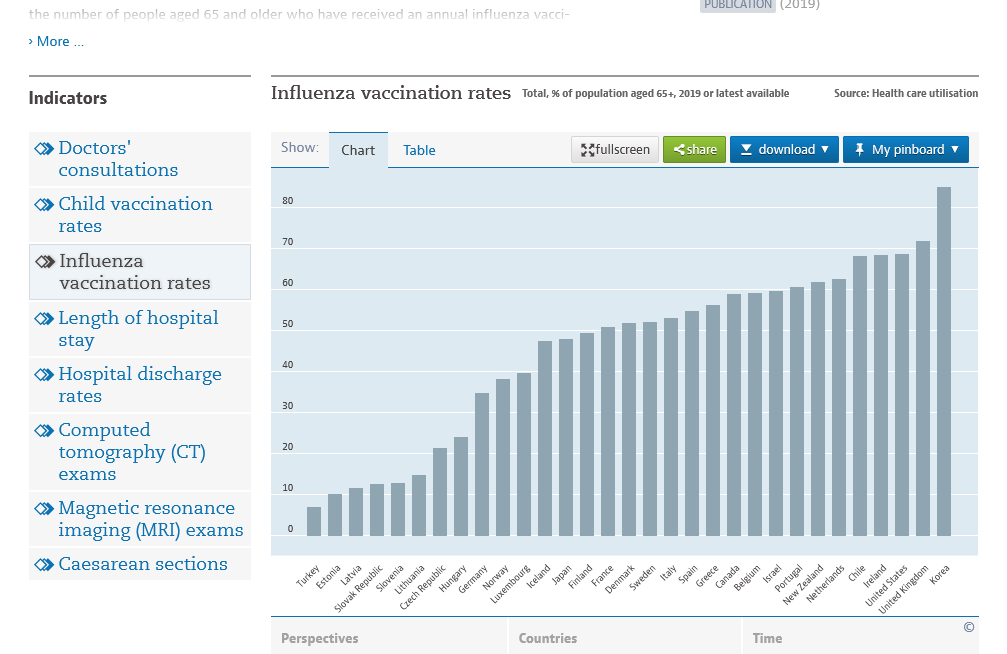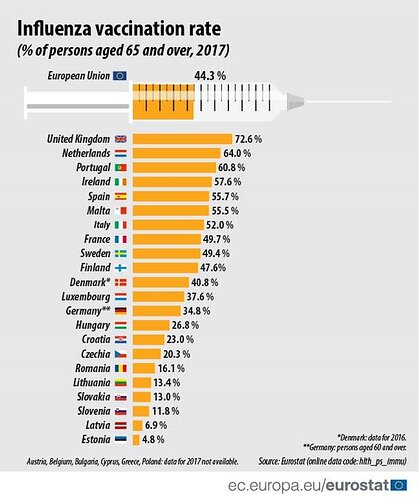Hi folks,
I’ve now forgotten where I saw the book below but I’m quite taken with it and will be buying it (Thanks to @Kieran_Telo for the link to the Library) . See what you think.
Sweden and covid
https://www.bookdepository.com/search?searchTerm=sebastian%20rushworth&search=Find+book
Amazon censored it!
Covid: Why most of what you know is wrong by Sebastian Rushworth
“Covid-19 has triggered a pandemic, and a panic. Many people are bewildered by the avalanche of information, often contradictory. On his blog, Sebastian Rushworth has been a voice of calm reason throughout, trying to help people make sense of what is going on. As a front line doctor in Sweden he has had a front-row seat, and keen understanding of the disease, and our response to it. He takes the reader though some of the science, in order to explain what he is talking about. It is clear, it is reasoned. He believes that the Swedish response, although widely critizised, has been based on good evidence, and may end up being seen as the best way to have handled the pandemic. If you want a guide to what is really going on with Covid-19, then I fully recommend this book. You will end up with a much more complete understanding, which is what we are all looking for, I think.
Dr. Malcolm Kendrick”
“ If we take what we have learned overall from these three studies, it seems pretty clear that lockdown is ineffective. But if that is the case, how come Sweden had so many more Covid deaths than other Nordic countries in the spring of 2020?”
-
Stockholm had holiday break 2 weeks after other Scandinavian countries in the Alps just when covid kicked off. Malmö and Gothenberg had earlier breaks and far less covid. Stockholm has 24% of Swedish population but 40% of covid in first wave.
-
“Malmö hardly experienced any cases at all, and showed a pattern much more similar to Denmark than to Stockholm. This is in spite of the fact that Denmark had tough restrictions while Malmö had the same restrictions as the rest of Sweden. Then winter came, and both Denmark and Malmö experienced an explosion of Covid. It doesn’t make sense that lockdown would work in spring, but not in winter. Thus lockdown wasn’t the reason that Denmark had so few infections in spring. Case closed.”
-
“Apart from having a later spring break, Swedes travel internationally far more than their Nordic neighbours, which would have resulted in significantly more cases of Covid being brought into the country at the beginning of the pandemic.”
-
“The second hypothesis concerns the fact that Sweden has a much bigger population of immigrants than its Nordic neighbours.
19% of Sweden’s population is foreign born, as opposed to 14% for Denmark and Norway, and only 8% for Finland.
What this means in practice is that Sweden has a bigger population of people with darker skin, and it has been clear since early on in the pandemic that darker skinned people in western countries are much more likely to develop severe Covid than lighter skinned people.
As an aside, much of the media debate around this phenomenon has centred around the idea that darker skinned people generally have lower status, higher rates of poverty, worse access to health care and so on – basically, that the difference is due to institutional racism.But there is one big problem with that idea. It doesn’t fit all the facts. An article in The Washington Post on May 20 reported that 27 of 29 doctors who had died of Covid in the UK up to that point belonged to ethnic minorities.2 In other words, 93% of doctors who had died at that point came from ethnic minorities, even though they only constitute 44% of all doctors in the country. Why is this important? Because doctors with darker skin are still doctors, which means that they are members of a high status, well paid, well-off segment of society.
Note, I’m not saying that institutional racism doesn’t exist. I’m just saying that it can’t explain why darker skinned people in western countries are hit much harder by Covid than lighter skinned people.
Vitamin D deficiency could explain this , though. Darker skinned people in northern Europe are more likely to be vitamin D deficient for the simple reason that their skin isn’t as good at producing vitamin D from the feeble sunlight we get in this part of the world.A number of observational studies have shown that people with low vitamin D levels do worse when infected with Covid, and there is even a randomized trial, published in The Journal of Steroid Biochemisty and Molecular Biology in October, in which patients treated with high dose calcifediol (the activated form of vitamin D) did much better than the control group.3 In that study, the proportion of patients requiring intensive care decreased by over 90%. Funnily enough, that study gained pretty much zero media attention, while remdesivir, a highly expensive drug that is almost completely useless against Covid, has been talked about endlessly.Anyway, what the authors are saying is that Sweden has a larger ethnic minority population than its Nordic neighbours, and people from ethnic minorities do worse when they get Covid.”
- “The third hypothesis, and from my perspective the most important, concerns the fact that Sweden had a much larger vulnerable population at the beginning of 2020 than its Nordic neighbours. This can be seen in multiple different ways in the statistics.
The first is that Sweden has a large nursing home population.
Relative to population size, Sweden’s nursing home population is 50% larger than Denmark’s. And in Sweden, people don’t go to nursing homes until they are very near the end of life.
The second way this can be seen in the statistics is by looking at overall mortality for the immediately preceding year, 2019. If unusually few people die in one year, then unusually many will die during the following year, since there is a carry forward effect (due to the fact that humans are not immortal). 2019 was, as mentioned in an earlier chapter, an unusually un- deadly year in Sweden, and the early part of 2020 (pre-Covid), was also unusually un-deadly, which means that there was an unusually large number of very frail old people in the country when Covid struck. This same effect was not seen in Sweden’s Nordic neighbours – for them 2019 was normal in terms of overall mortality.
To clarify exactly how big this difference is, let’s look at the numbers. In Sweden, the overall mortality rate in 2019 was 5.7% lower than the average for the preceding five years, after adjusting for changes in population size. In Norway, mortality was exactly in line with the average. Denmark and Finland both had mortality rates that were 1% above the average.
Denmark, Finland, and Norway were thus in a much better position in relation to Covid from the start. Sweden was always going to have more deaths than usual in 2020, regardless of the actions it took.
As I think I’ve made clear, there were a number of big differences between Sweden and its Nordic neighbours at the beginning of the pandemic, which together certainly are sufficient to explain the big difference in Covid mortality. Correlation is not causation. Many people have chosen to see a causative relationship between Sweden’s lack of severe lockdown and a relatively high number of deaths, because it supports their prior beliefs about the effectiveness of lockdowns. Those beliefs are, however, not supported by the evidence.”
I am not sure whether in the end Sweden was really different from Indie Sage both seem to have downplayed the impact of alternative treatment regimens relying like most public health systems on just dealing with emergency ICU cases with oxygen and antibiotics, please correct me if I have this all wrong. Sweden does however seem to have kept mostly open for most of the time which will obviously reduce the stress factor which I think is always an issue for upper respiratory problems.
Rushworth ends his book with the thought that Governments knew they were making a big mistake with lockdown but that the media and public opinion forced them to double down and they see vaccines as the only way out of the hole they had dug for themselves. They can claim vaccines are a magic bullet and low and behold covid is no longer a great problem, aren’t we enormously clever!
cheers
PS. Rushworth’s book was the subject of @rippon ’s topic : “As a front line doctor in Sweden he has had a front-row seat” , thanks for the link.
Also, Amazon appears to have reinstated the book!



 )
)
